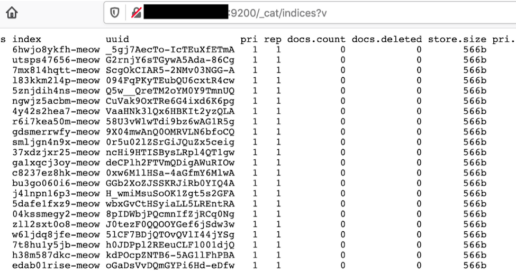
Microsoft Exchange Server Vulnerability Puts 60,000 Businesses at Risk
2 min read • March 15, 2021

2 min read • March 15, 2021

3 min read • September 16, 2020

4 min read • August 19, 2020

2 min read • July 31, 2020

3 min read • February 23, 2017